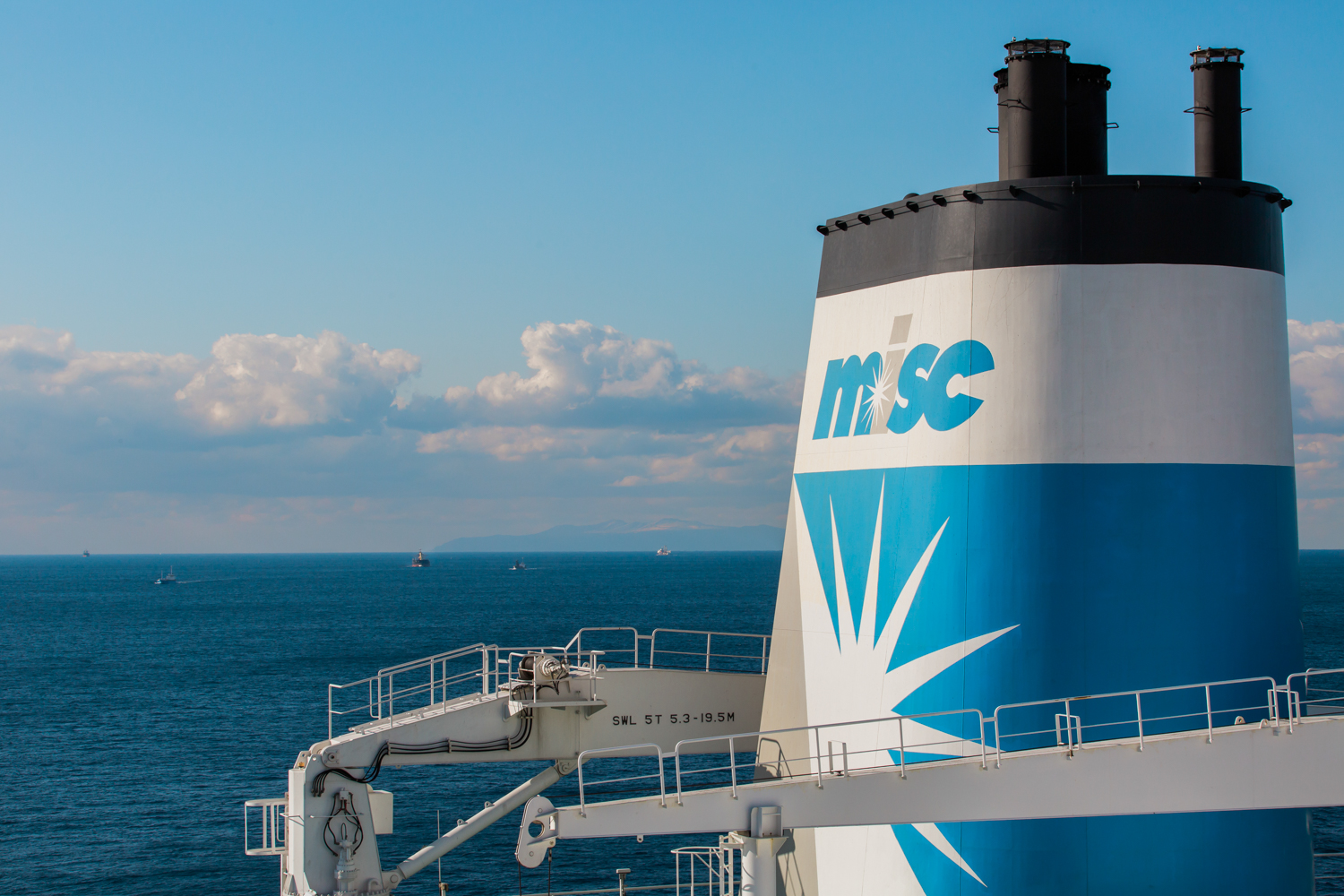Malaysia’s LNG shipper MISC has entered into a deal with a unit of its parent Petronas to convert a 2002-built LNG carrier with a steam turbine propulsion into a floating storage unit for the Pengerang regasification terminal in Johor.
The binding heads of agreement with with Pengerang LNG (Two), a unit of Petronas Gas, includes the supply, operation, and also maintenance of the FSU intended to be deployed at the LNG regasification terminal, MISC said in a statement.
According to MISC, the contract has a price tag of about $213.7 million.
The Pengerang LNG terminal began its commercial operation in the four quarter of 2017 and it has a regasification capacity of 490 mmscfd.
Moreover, MISC said this project is a continuation of the collaboration between the firm and PGB in 2012 that brought about the deployment of FSU Tenaga Satu and FSU Tenaga Empat at the LNG regasification terminal in Sungai Udang, Melaka.
Under this partnership, MISC said it will convert its 137,500-cbm LNG carrier, Puteri Delima Satu, into the FSU dedicated to this project.
This vessel completed its long-term charter in early 2023 and is currently in lay-up.
Second quarter of 2025
MISC said the converted FSU will receive shore power to reduce emissions while improving operational efficiency, it said.
The firm expects the FSU to become commercially operational by the second quarter of 2025 under a 20-year contract term, with provisions for extension based on mutual agreement.
“By repurposing and redeploying our existing assets and drawing on our experience from operating FSU Tenaga Satu and FSU Tenaga Empat, we are not only creating a revenue-generating opportunity but also driving better shareholder returns,” Hazrin Hasan, MISC’s VP of gas assets and solutions, said.
MISC’s gas assets and solution business, which includes a fleet of LNG and ethane carriers, posted a revenue of 771.8 million ringgit ($162 million) in the second quarter, a rise of 1.2 percent compared to the same period last year.
MISC is one of the largest operators of LNG carriers and most of them are on long-term charters.
It operates a fleet of 31 LNG carriers and the two FSUs.

